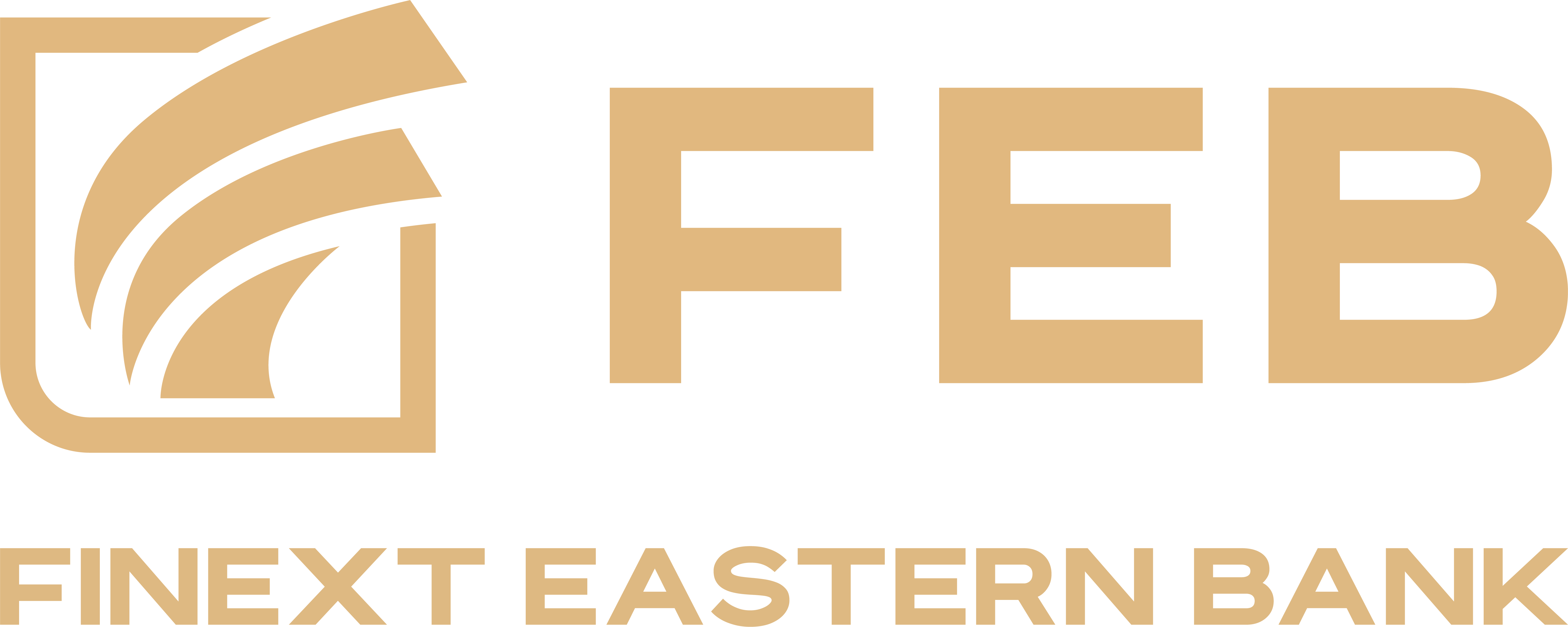The prospect of the upcoming Trump presidency raises significant questions about its impact on digital assets, a rapidly growing and evolving sector. Digital banking institutions, cryptocurrency investors, and fintech firms are particularly interested in understanding how policy shifts might shape this landscape. This article explores potential implications, drawing on past trends and speculating on how a Trump administration could influence digital asset growth.
1. Regulatory Environment: Continuity or Change?
Under Trump’s previous presidency, the administration had a mixed approach toward digital assets. While there were no sweeping regulatory changes, the focus was on minimizing government intervention in markets. This laissez-faire stance could translate into opportunities for innovation in the digital asset sector. However, it also leaves regulatory clarity uncertain, which can deter institutional investors.
A potential second term might see a continuation of this hands-off approach, which could:
Encourage crypto startups and digital asset platforms to flourish.
Increase the risk of fraud or scams in the absence of stricter regulations.
Yet, growing calls for crypto regulation globally might push even a Trump-led government to introduce clearer frameworks, providing legitimacy and encouraging mainstream adoption.
2. Tax Policies and Incentives
Trump’s track record includes significant tax cuts, particularly for corporations and high-net-worth individuals. A similar fiscal policy could directly impact digital asset investors and institutions:
Lower Taxes on Capital Gains: Investors in cryptocurrencies and other digital assets might benefit from reduced capital gains taxes, encouraging higher trading volumes and long-term investments.
Incentives for Fintech Innovation: Tax breaks for tech startups could foster innovation, driving growth in blockchain applications and decentralized finance (DeFi).
However, Trump’s approach to tax policy often faced criticism for benefiting the wealthy disproportionately, which might not align with the ethos of decentralized and democratized finance.
3. International Relations and Market Volatility
Trump’s presidency was marked by protectionist policies, including tariffs and trade wars, which created market uncertainty. The digital asset market is highly sensitive to global economic and geopolitical shifts, and a Trump presidency could:
Increase volatility in crypto markets due to unpredictable foreign policy decisions.
Encourage the use of decentralized digital assets as hedges against traditional market instability.
On the other hand, strained international relations might push U.S.-based digital banks and crypto firms to focus more on domestic markets, potentially limiting global expansion opportunities.
4. Dollar Dominance and Stablecoins
Trump has consistently advocated for a strong U.S. dollar. While this stance promotes traditional financial stability, it could pose challenges to stablecoins and other dollar-pegged digital assets. The administration might push back against stablecoin growth, seeing it as a potential threat to dollar hegemony. At the same time:
Central Bank Digital Currencies (CBDCs) could gain traction under Trump, as the U.S. might feel compelled to compete with nations like China in the digital currency race.
Such developments could reshape the competitive landscape, particularly for stablecoin issuers and digital banks relying on dollar-pegged assets.
5. Infrastructure Development and Blockchain Adoption
One of Trump’s signature policies involved substantial investment in infrastructure. If a similar approach is taken, it might extend to digital infrastructure, fostering:
Broader blockchain adoption in government and enterprise systems.
Increased opportunities for digital asset firms to partner with public entities.
While infrastructure spending is generally positive for the economy, the extent to which it would benefit the digital asset ecosystem depends on specific policy allocations.
6. SEC and Institutional Support for Crypto
The Securities and Exchange Commission (SEC) plays a crucial role in shaping the digital asset market. Under Trump, the SEC took a cautious stance toward cryptocurrency, often classifying many tokens as securities. A Trump-led SEC might:
Maintain this cautious approach, limiting the proliferation of questionable crypto projects.
Offer clearer guidelines for institutional involvement, encouraging large-scale investments.
If Trump appoints crypto-friendly regulators, the sector could witness faster adoption and innovation. Conversely, appointing skeptics might result in stricter oversight.
7. Implications for Digital Banking
Digital banks, which are increasingly integrating cryptocurrencies and blockchain solutions, could experience:
Opportunities: Reduced regulatory burdens and tax incentives might encourage innovation and growth in services like crypto wallets, trading, and DeFi.
Challenges: Potential market instability and uncertainty around international policies could impact cross-border operations and investor confidence.
Digital banks must also navigate the political landscape carefully, balancing innovation with compliance in a shifting regulatory environment.
8. Cybersecurity and Privacy
Trump’s policies on cybersecurity were focused on protecting national interests. For the digital asset space:
Enhanced cybersecurity measures might reduce the risk of hacks and fraud, building trust in the market.
A focus on privacy rights could conflict with blockchain’s transparency ethos, requiring a balance between user anonymity and regulatory compliance.
Preparing for Uncertainty
A Trump presidency would likely bring a mix of opportunities and challenges for digital asset growth. While reduced regulation and tax incentives could foster innovation, market volatility and regulatory uncertainty might pose risks. Digital banks and investors must stay informed, adapt to shifting policies, and prioritize resilience in their strategies.
As the digital asset ecosystem continues to evolve, FEB’s in-depth understanding and ability to respond efficiently to this political climate underscores our commitment as your trusted financial partner. Whether through proactive compliance, strategic investments, or leveraging emerging opportunities, we will be the choice financial institution for our clients.
Disclaimer:
The content provided in this article is for informational purposes only and does not constitute financial, legal, or investment advice. The insights shared are based on current information and analysis, and they do not necessarily reflect the official stance of the institution on these matters. Readers are encouraged to conduct their own research and consult with a professional advisor before making any financial decisions.






